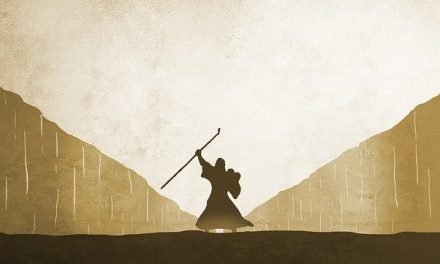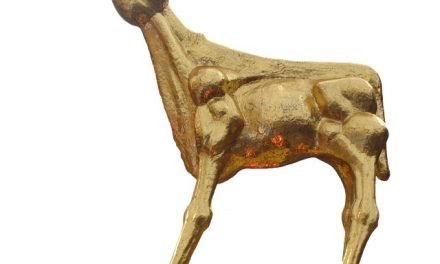More than 80 years ago there was a group of believers that realized that they needed to escape impending invasion from a neighboring country. Christians were targeted both nationally and locally. In prayer they understood that they were to flee together as a group. With careful planning, in one night 25 believers disappeared into the night.
The group really wasn’t sure where they were going but they moved at the direction of the Lord. Through high brush, forest, desert and the like, the leaders at each intersection or each V in the road would seek the Lord in prayer. He was faithful to give them answers and show them which direction they were to proceed.
The problem was the group members complained voraciously. Every turn seemed to move them in circles. Every path was not a logical conclusion to the last, even though the leaders prayed and heard the Lord at each turn. Still the members voiced their thoughts bitterly.
At one point they came to an intersection in a barren scrub-land and again, the group protested. The leaders caved and went the way of the group. As they began to walk several hours down the path, they quickly realized there was no water source. Frantic they continued their search to no avail. Sadly an infant lost its life in their search for water. All from a decision that was made from bitter complaints and illogical paths.
The Exodus out of Egypt started out in a similar way. From the beginning God led the Israelites on a very strange path. They did not take the straight road but rather took a long way along the desert. Scripture records it was because the Lord thought, “If they face war, they might change their minds and return to Egypt” (Ex 13:17). I’m not sure if the Israelites knew this or not.
Then it happened again.
The Lord had them journey down the long way to a city. Then the Lord spoke to Moses and said for them to backtrack (Ex 14:1). As in go back the way they just came.
Is God confused?
Does he change his mind?
Is He lost in the desert?
Does Moses know what he is doing?
From our perspective, we know the motivation of God. It was so that Pharaoh would think, “The Israelites are wandering around the land in confusion, hemmed in by the desert” (Ex 3). God wanted to wipe out the Egyptian army and because the Israelites looked confused, the Egyptians pursued them and ultimately perished in the Red Sea. But more than likely the Israelites did not know the “why” of the wander. It just seemed like Moses was a bad leader and leading them to dangerous places. And when the Egyptians were pinned against the Red Sea, they let him know it.
“Was it because there were no graves in Egypt that you brought us to the desert to die? What have you done to us by bringing us out of Egypt? Didn’t we say to you in Egypt, ‘Leave us alone; let us serve the Egyptians’? It would have been better for us to serve the Egyptians than to die in the desert!” (Ex 14:11-12)
It was a hard day to be a leader.
It was a tough day to understand the ways of God.
It’s not up to us to always understand, even though that is what our heart desires. Trust is made for the darkness. If we did understand, it wouldn’t be trust.
And while this is something we easily nod to in assent, it’s much more difficult when we need to escape the Egyptians. Especially when it appears as if God has us wandering in the desert, pinned against the Sea, and on the brink of total extermination.
But God can be trusted. We are not alone. He is with us. Even in the dark.
It’s a sacred trust.
There are no guarantees, except that God is good. And that he cares.
That group of believers 80 years ago that escaped together? Yes, sadly, one of them died. But I was later told that they learned that their strange directions were their salvation. They had been circling around foreign troops the whole time.







